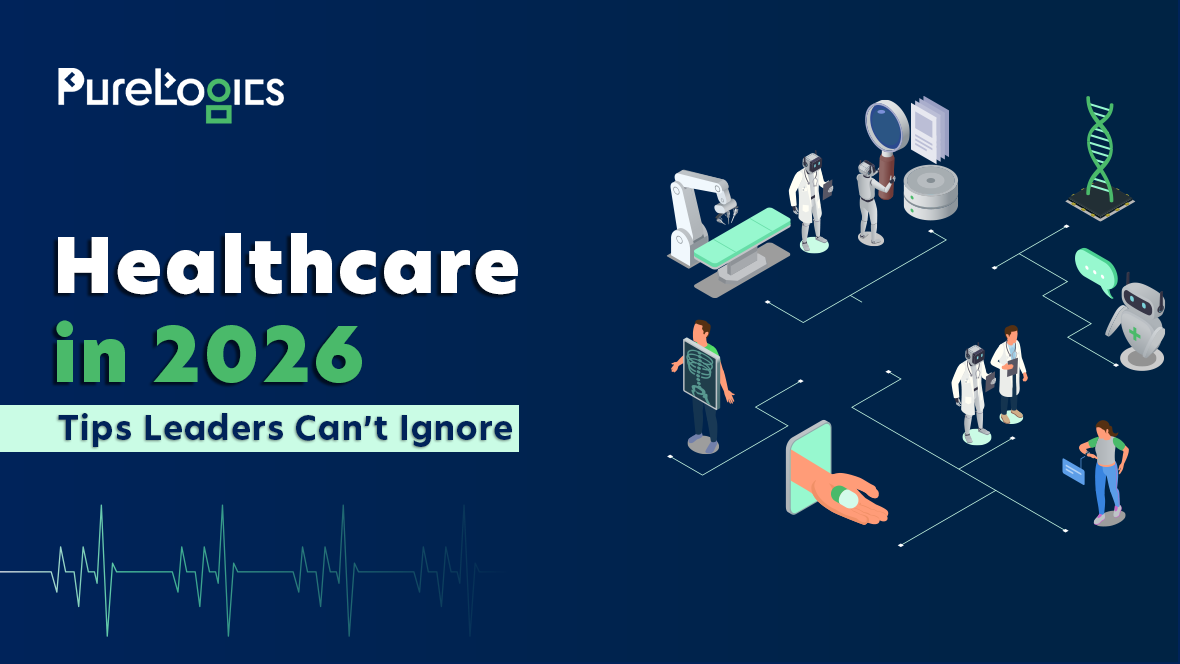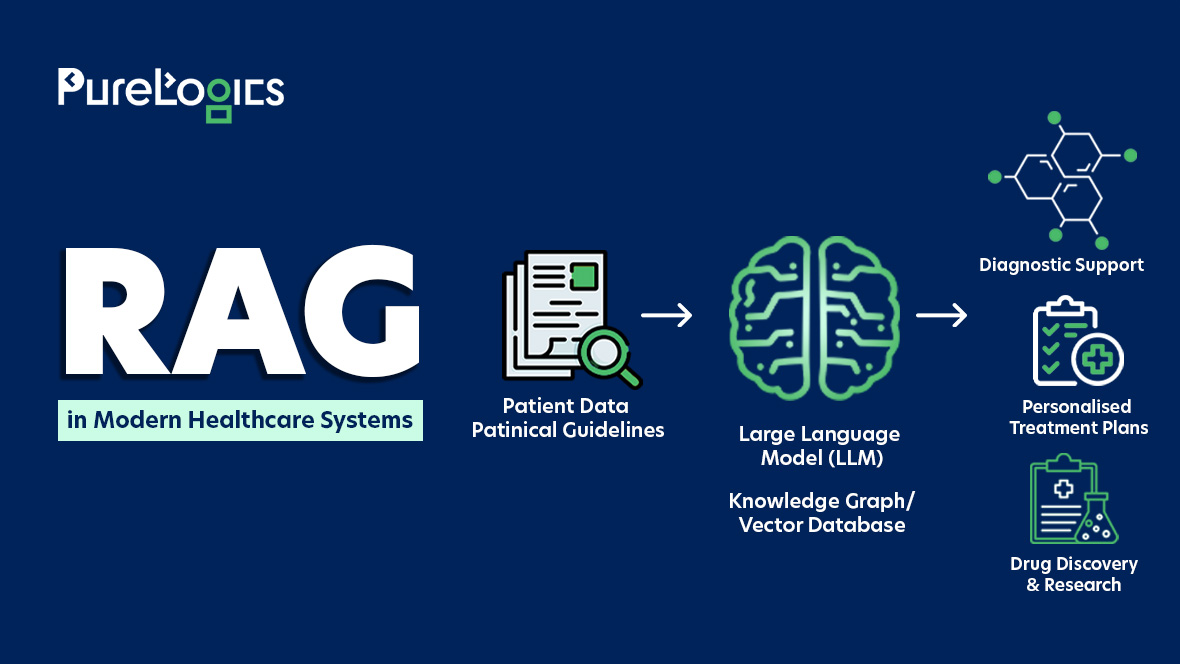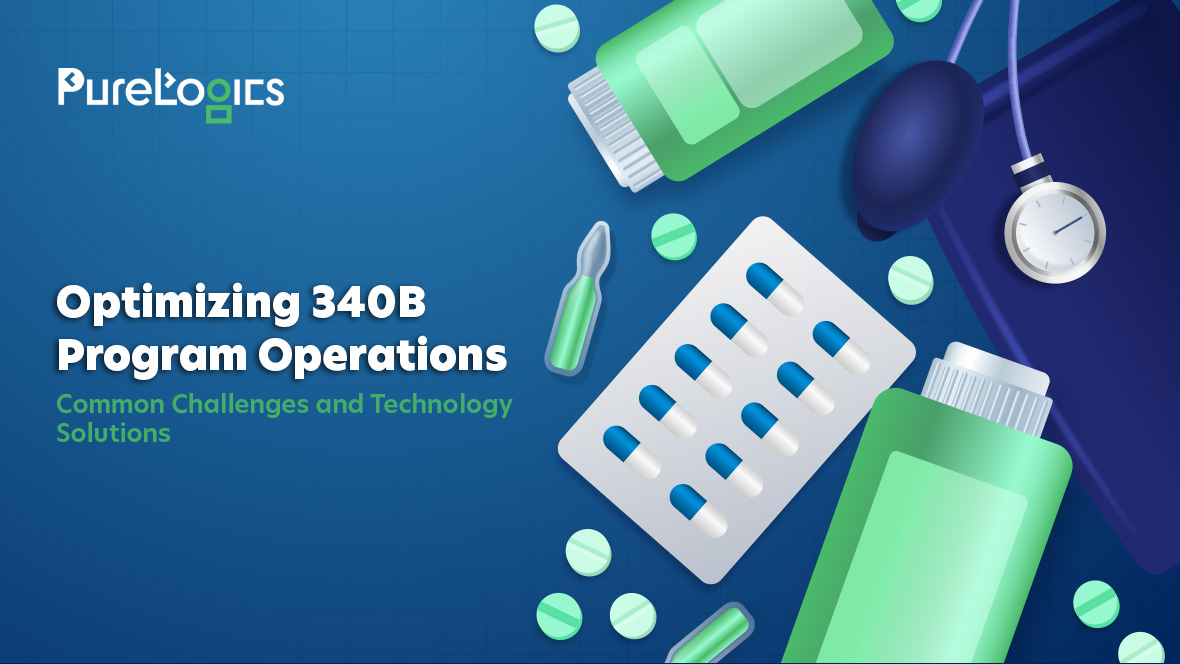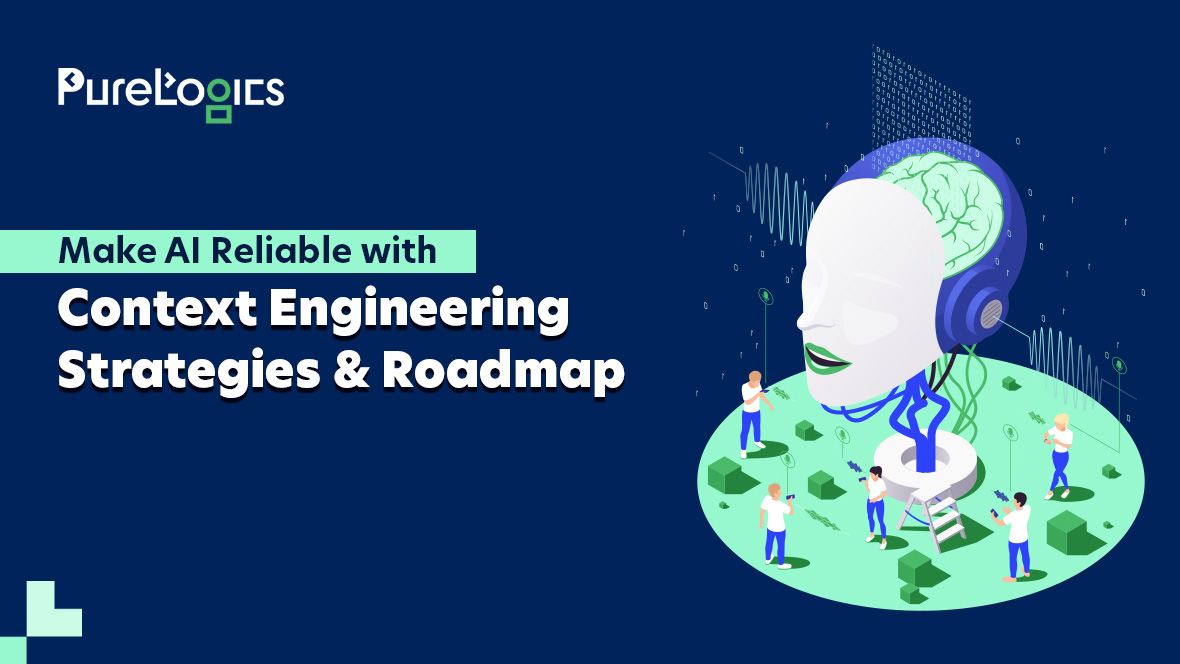We can’t accept anymore that it will always be expensive and slow to test new drugs. It is because our world now has AI technology, which holds the potential to bury all the traditional clinical trials processes of the past.
Whether it is patient recruitment, adherence monitoring, or data collection, AI has the power to do magic, and the world has started experiencing it.
According to studies, the clinical trial process lasts nine years and requires an average cost of $1.3 billion. And the clinical trial process involves testing new drugs on patients prior to their approval for use.
Thanks to artificial intelligence, this time and budget won’t be needed anymore. Keep reading the article if you want to know how AI impacts the clinical trial process and accelerates the quest for productive pharma research.
Here, you will also learn how you can save your quality time and hard-earned money and improve the overall quality of your research by leveraging the best AI and ML services for your business.
Without any further ado, let’s start with the basics!
What is Artificial Intelligence?
Artificial intelligence (commonly known as AI) is a branch of computer science that provides machines with brains or intelligence to perform advanced tasks that typically demand human intelligence.
Data analysis, speech recognition, artistic creation, video making, answering questions, decision-making, etc. are some examples of advanced tasks.
The first and foremost objective of artificial intelligence is to supply a human brain to machines so that they operate naturally without any human supervision.
But how can machines be made intelligent? Have you ever tried to find out? It is machine learning (ML) and deep learning (DL) algorithms that empower machines to think logically like humans.
You would already have noticed that AI is the future of every industry (from healthcare care to education and agriculture to fintech industries).
Read more: Where will AI be in next 10 years?
What are Clinical trials?
Now, you have enough understanding of AI. Now, let’s explore what clinical trials are. A clinical trial aims to evaluate the safety and efficiency of new medical drugs, treatments, or solutions prior to their approval for use.
You already know that research and innovation are the two things that play the most important roles in any industry.
However, in the healthcare industry, such research and testing processes take place every day to develop new treatments, drugs, and solutions for diseases (for both already existing and evolving diseases).
A clinical trial is a long and daunting process, both in terms of time and action. Look at the following phases; they will help you understand the complete process of clinical trials.
Phase 1 – During this phase, around 20 to 80 people determine the right dosage of drugs as well as their potential side effects.
Phase 2 – In this phase, around 100 to 300 people further evaluate the treatment of the drug. They consider the present health conditions of people and focus on the safety and efficacy of the drug, and this phase runs for several years.
Phase 3 – Around 1000 to 3000 people participate in Stage 3. They combine the drug with other drugs to better understand its side effects according to age and dosage consequences.
If the testing process gets the positive results, the Food and Drug Administration (FDA) approves the drug.
Phase 4 – The Phase 4 trials start once the drug gets approval. The clinical efficacy of the drug is then monitored as a larger population uses it. Insightful conclusions emerge when a larger number of people use the approved drug.
Read more: How healthcare app development empowers the healthcare industry
How AI can change the game of Clinical trials
You can apply artificial intelligence and machine learning technologies in multiple stages of clinical trials, from the identification of new drug tests to the repurposing of already existing drugs.
You can also use the powers of AI to improve the usage of the data to find suitable patients and provide them with the best and most personalized medical treatment services.
Let’s look at how you can implement AI to change the game in clinical trials.
Accelerating patient recruitment
Recruitment is an important stage for clinical trials. No other technology can examine electronic health records the way AI algorithms can.

Artificial technology accurately identifies eligible patients for clinical trials. This simplifies and expedites the recruitment process and makes sure that trials reach their enrollment targets faster.
Data analysis and insights
The data analysis of clinical trials is a complex and slow process. Generative AI can streamline and speed up this process by analyzing complex clinical trial data.
It extracts valuable insights from data sources (can be both structured and unstructured). This enables researchers to make well-executed decisions and improve trial results.
Personalized protocol design
Generative AI also plays an important role in the development and personalization of clinical trial protocols.
AI analyzes historical trial datasets like patient demographics, medical histories, genetic profiles, etc., to develop personalized protocol designs. It also reduces costs and automates processes.
Personalizing treatment approaches
Generative AI analyzes patient data to develop personalized treatment plans.
It makes sure that each therapy is particularly personalized and meets the characteristics of each individual. So, AI not only enhances patient results but also decreases the chances of adverse reactions.
Disease detection algorithms
Medical research organizations and hospitals have started designing disease detection algorithms.
These disease detection programs interpret patient information like medical data, symptoms, as well as tests that a patient had before getting a diagnosis.
These algorithms also identify whether a patient will develop a disease or whether the disease is in its early stages of development. This is how detection algorithms allow doctors to provide proactive and effective care.
Real-time monitoring
AI-supported wearable devices and remote monitoring systems are among the top innovations in the medical industry. They have full capacity to continuously collect and interpret patients’ medical and historical data.
The wearable devices track and record health parameters, for example, blood pressure, heart rate, glucose levels, body temperature, movement, etc. And remote patient monitoring provides accurate and efficient treatment to patients who can’t visit hospitals.
So, real-time monitoring allows healthcare experts to make educated decisions and adjust treatment plans according to the requirements.
Natural language processing (NLP)
NLP is a technology of artificial intelligence that extracts the required information from data sources (can be both structured and unstructured), like patient data and clinical notes. This makes it easier for medical researchers to access relevant data and make data-driven decisions.
Read more: Artificial intelligence in medicine: A journey through the past, present, and future
Top benefits of AI in Clinical trials
AI and machine learning technologies elevate every stage of clinical trials and drug development as they optimize processes, save time and your hard-earned money, and develop top-notch products.
Let’s look at the top benefits of using AI in clinical trials.
Speed and efficiency in clinical trials

Whether it is patient recruitment, data analysis, or patient treatment, AI accelerates all the processes of clinical trials. AI completes clinical trials quickly and allows innovative and successful therapies to reach patients sooner.
Saves time and money
By using AI-supported trial designs, research teams can automate the trial processes (such as patient recruitment and safety monitoring) and save time and money.
Moreover, predictive analytics can help healthcare and pharmaceutical companies allocate resources effectively and expedite important trial phases like conducting clinical trials or developing new drugs.
Improved patient outcomes
AI-driven recommendations and insights help doctors in the provision of personalized treatment plans, which further leads to improved patient outcomes.
AI helps patients receive new and individualized treatments according to their specific needs, which increases the chances of successful patient results.
Customized drug development
You know that every patient has its own therapeutic challenges and requirements.
Artificial intelligence algorithms understand the lifestyle and genetic information of patients and help pharmaceutical companies develop patient-specific drugs. Now, you will see the concept of personalized medicine becoming a reality.
Ready to revolutionize your Clinical trials with AI power?
Now, you can see how powerful and efficient AI is for the healthcare and life sciences industries. Especially for clinical research, it is a promising technology that possesses the capacity to bury all its slow and expensive processes.
AI, ML, predictive analysis, data analytics, and generative AI from a leading generative AI services company can automate clinical trial processes and provide healthcare experts with meaningful insights. Now, automation of internal processes, drug development, and personalized patient experiences is a reality.
If you are in search of customized AI solutions for your healthcare institution or pharmaceutical firm, do check out the services of PureLogics. We are a full-service technology company and a renowned generative AI services company, possessing more than 17 years of experience in the healthcare industry.
Our creative team of AI/ML experts in New York City offers state-of-the-art and business-specific solutions via automation, apps, and analytics.
Contact us now to get started. Moreover, follow us on LinkedIn to stay updated about the more recent enterprise and healthcare-related technology trends.


 [tta_listen_btn]
[tta_listen_btn]
 September 15 2023
September 15 2023






